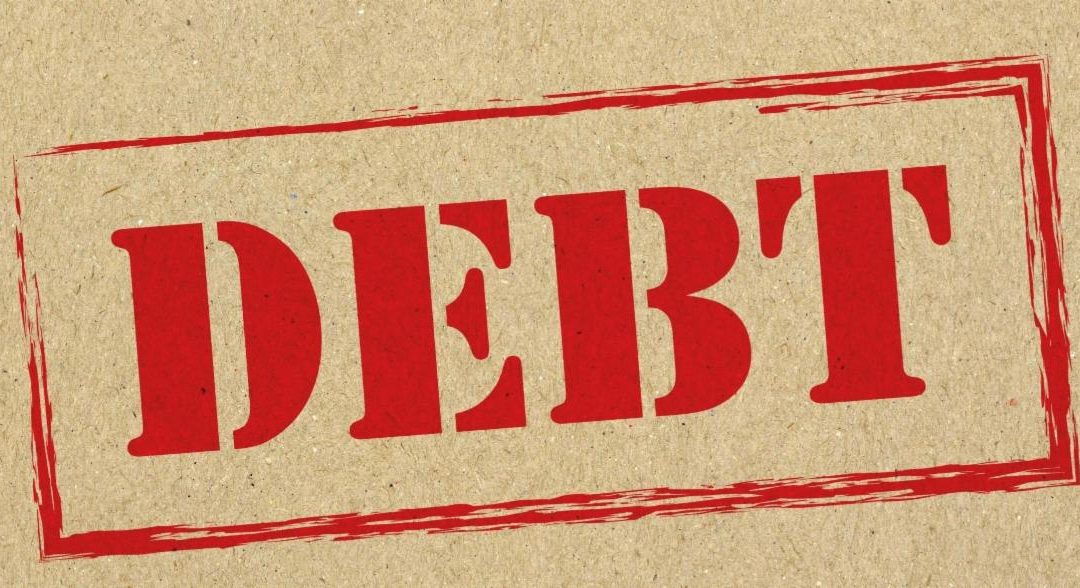When you borrow money, the lender expects to be paid back. Sometimes, when you borrow money as a business owner and can’t pay it back, you can get the lender to either forgive or restructure the loan. But did you know the amount of the forgiven loan is taxable income in the year of the forgiveness? Surprising, but true.
- If the debt was canceled in bankruptcy. If you choose to file for bankruptcy, any debt cleared by the courts is not considered taxable.
- If your company is insolvent. The IRS considers corporations to be insolvent if immediately before the discharge of debt, the company’s liabilities exceed the fair market value of the company’s assets.
- If the debt includes tax-deductible interest. You don’t need to report the interest as taxable income because it would have been deductible anyway.
- If the debt is part of a Paycheck Protection Program loan. If you received a Paycheck Protection Program loan, you might be eligible for forgiveness. Debt forgiven under the CARES Act is not considered taxable income.

